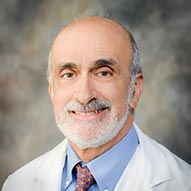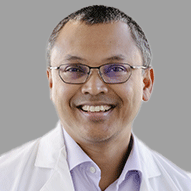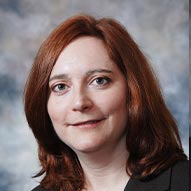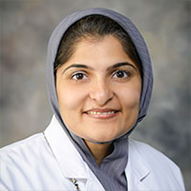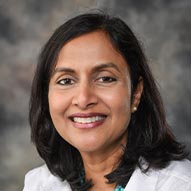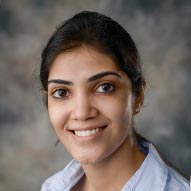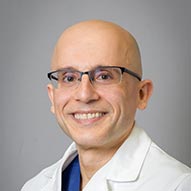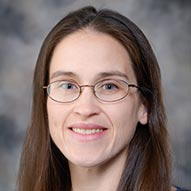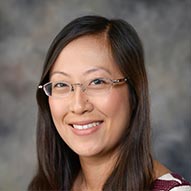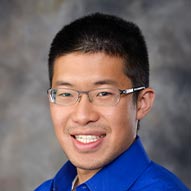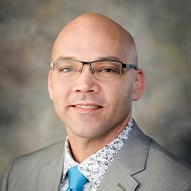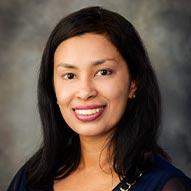Dallas
214-456-5959
Fax: 214-456-5963
Plano
469-303-2400
Fax: 469-303-2407
Park Cities
469-488-7000
Fax: 469-488-7001
Type 1 Diabetes is a disease in which the body loses the ability to make insulin. People with type 1 diabetes cannot make their own insulin.
214-456-5959
Fax: 214-456-5963
469-303-2400
Fax: 469-303-2407
469-488-7000
Fax: 469-488-7001
Type 1 diabetes occurs at any age but is most commonly diagnosed in children, teens, and young adults and accounts for 5 – 10% of all cases of diabetes. Without insulin, your body cannot convert sugar, starch, and other food into energy.
Type 1 was previously known as Insulin Dependent Diabetes Mellitus (IDDM), Juvenile Onset Diabetes or Brittle Diabetes. Unlike type 2 diabetes, this type cannot be prevented. Most people who develop type 1 diabetes are of normal weight and are healthy before it starts. Despite active research, type 1 diabetes has no cure, but it can be managed.
Target glucose levels:
It is important to know the long term complications of untreated diabetes. If you experience any of these complications, please discuss this with your endocrinologist and primary care provider.
There are several ways diabetes can be diagnosed:
The exact cause of type 1 diabetes is unknown but doctors believe it is an autoimmune disorder. This means that the body sees the pancreas as an invader and attacks it. Sometimes an infection causes the body to attach the beta cells that make insulin by mistake. There are three contributing factors.
Type 1 diabetes is not caused by eating to much sugar, staying up too late or poor parenting.
Type 1 must be treated with insulin. Insulin can be thought of as the key that unlocks the doors on the cells of the body. Insulin allows food to enter the cells of the body. Glucose (sugar) is formed when foods are digested. The cells of the body use glucose for energy. Without insulin, cells will starve. The main treatment for type 1 is to replace the insulin that the body needs. This is usually done using one of three methods:
Living with type 1 diabetes is a lifelong project. Exercise and diet are not helpful in reversing type 1 diabetes; however, both are important in treating it.
Educating your child, your family and other caregivers takes on great importance. Children’s Health℠ offers an extensive training program covering what you and your child will need to know.
